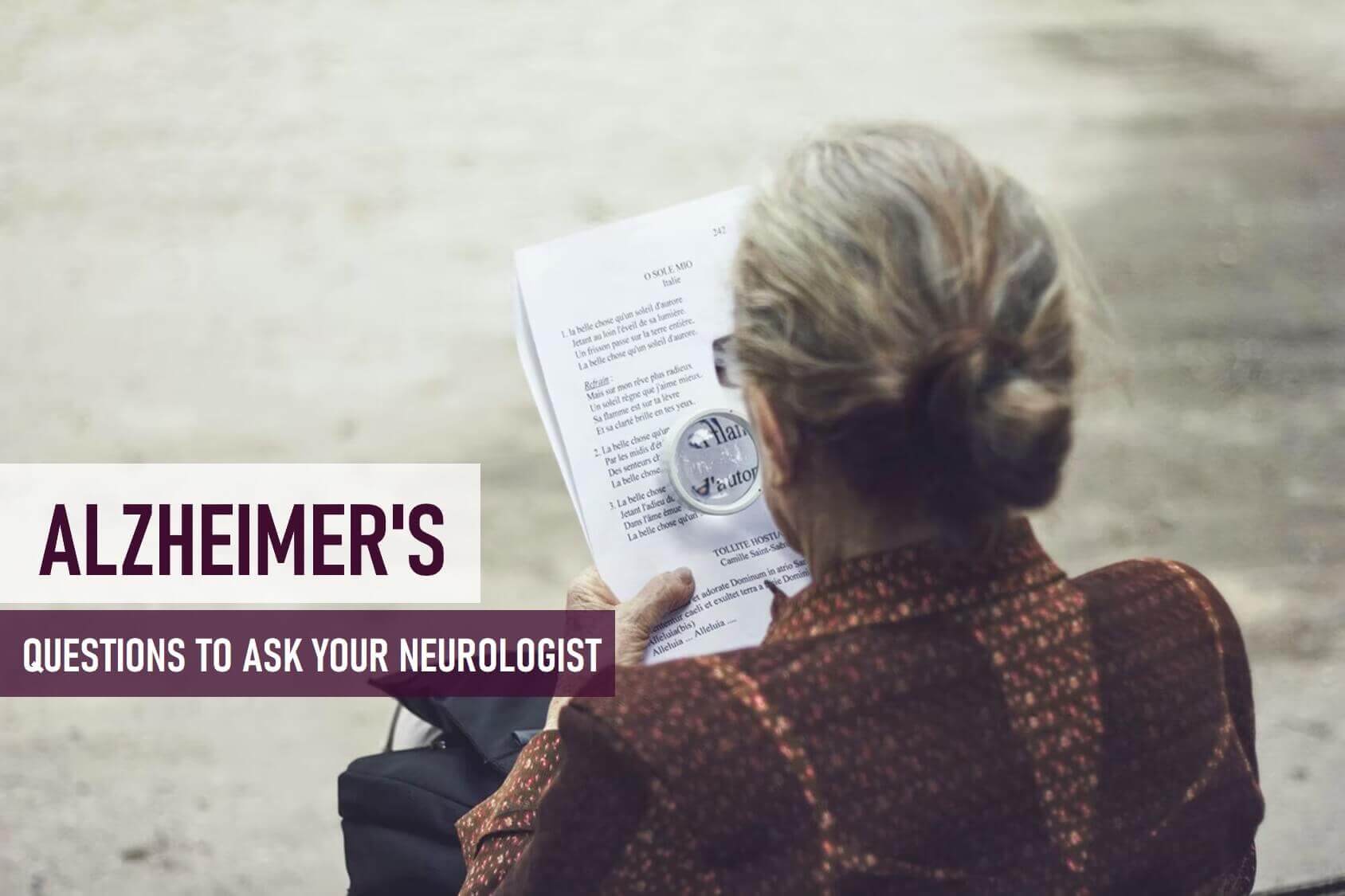Alzheimer’s disease is a neurodegenerative condition that affects thinking, behavior and social skills. Brain cell connections and the cells themselves degenerate and die, eventually destroying memory and other important mental functions. Nearly 47 million people are living with Alzheimer’s disease or other dementias worldwide, and this is likely to increase to more than 131.5 million by 2050.
Since November is Alzheimer’s Awareness Month, let us explore some everyday questions that people have with regard to this disease.
Alzheimer's disease is a type of dementia. Generally, dementia is the decline in thinking and remembering. Alzheimer's disease accounts for 60 to 80 percent of cases of dementia.
Memory problems are typically one of the first signs of Alzheimer’s disease, though some people may have different initial symptoms. Other signs that indicate the very early stages of Alzheimer’s disease are:
- decline in thinking
- difficulty in finding right words
- vision/spatial issues
- impaired reasoning or judgement
- mild cognitive impairment
SEE MORE: 7 Stages of Alzheimer’s Disease
Just because a family member has Alzheimer's disease does not mean that you will get it, too. Most cases of Alzheimer's are late-onset. This form of the disease occurs in a person's mid-60s and is not linked to a specific genetic mutation. However, genetic factors appear to increase a person's risk of developing late-onset Alzheimer's.
This needs to be properly planned in terms of any problems that might occur during the trip. Always try a short trip first to see how they react. Few tips for travelling with one who has Alzheimer’s:
- plan regular small stops
- never leave them alone in car or any place
- avoid places that are crowded and skip fast-paced sightseeing
- alert airline or hotel staff about that you are travelling with an Alzheimer’s patient
- plan a vacation somewhere that’s familiar to them
This issue is very much common as they might trouble knowing when they are hungry or thirsty and have problems with eating or swallowing. Make eating fun, not a chore. For example, liven up your meals with colorful place settings, or play background music.
Most importantly, don't force them to eat. If they are not interested in food, try to find out why.
Losing cherished memories is one of the hardest parts of Alzheimer’s disease. Medications may help to slow down the progress. Few things you can do such as:
- use notes, lists, etc. to remind them of the daily tasks
- label the photos with names and keep them at a place where they can see
- make sure they get enough sleep
- encourage them to read to keep their mind active
Alzheimer’s is one of the diseases people most want to avoid, and for good reason. There is no proven way to prevent it. But there’s a lot you can do to lower your chance of getting it by choosing a healthy lifestyle to prevent the disease.
Banner Image Credit: https://unsplash.com/photos/uJrRY8gUm7E
[Free to use under the Unsplash License]

